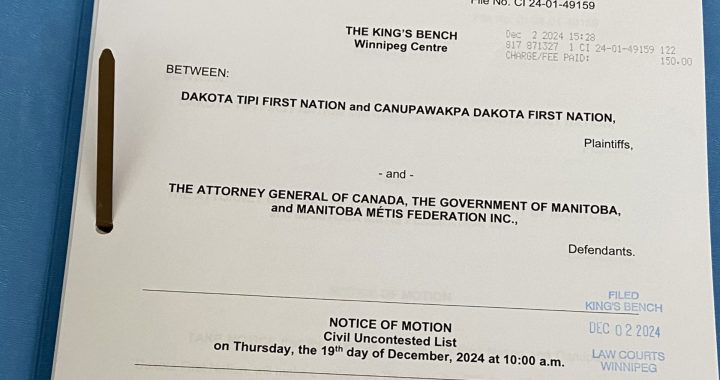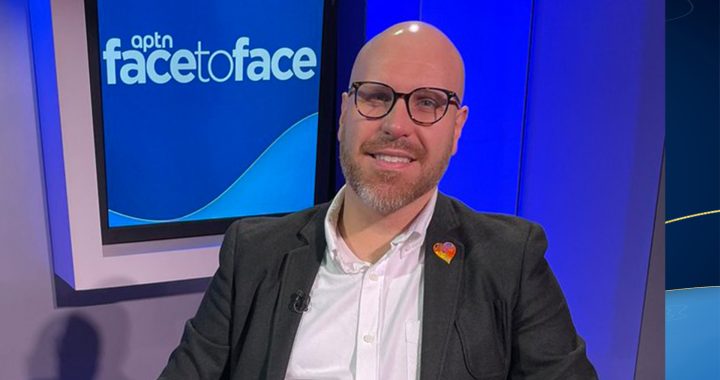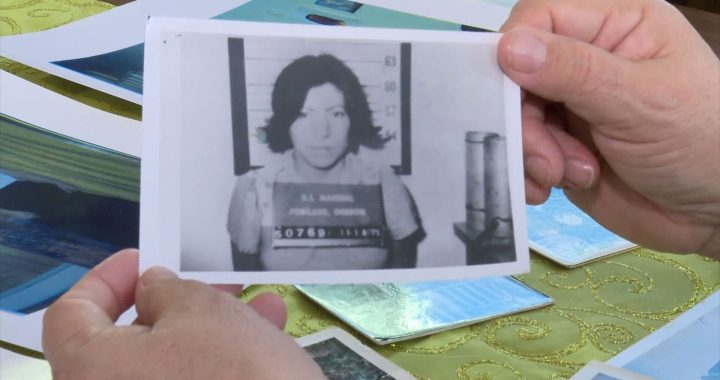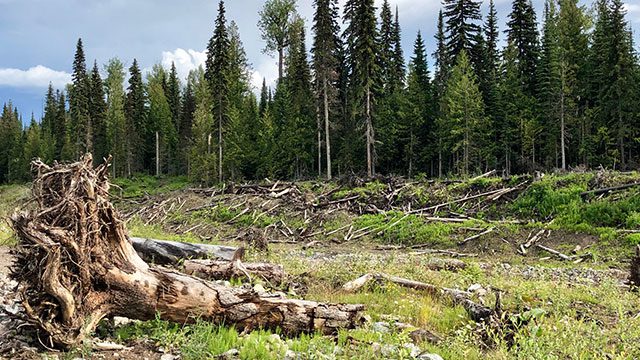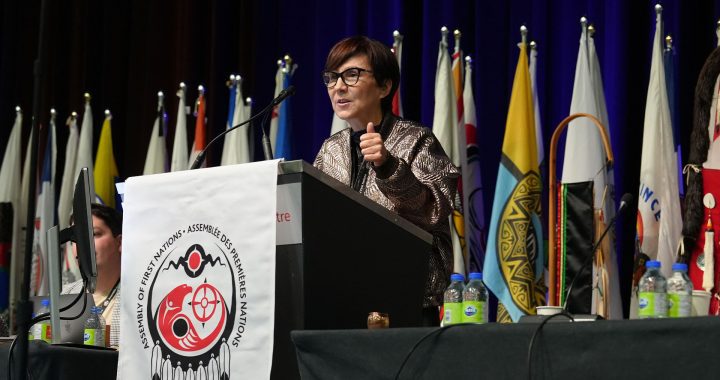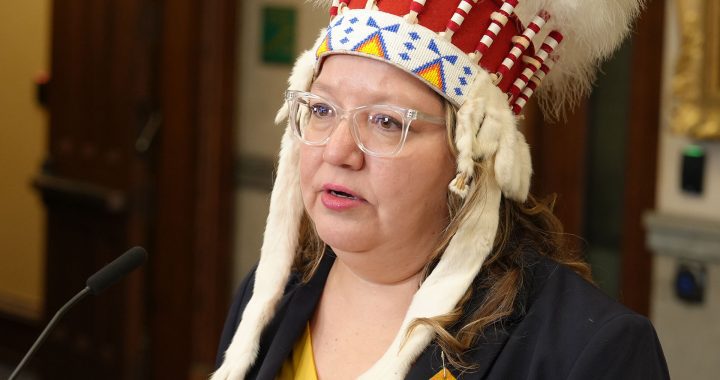As the former head of the largest homeless shelter in Thunder Bay, which serves many Indigenous peoples, Patty Hajdu says it was “extremely alarming” to see the racism they experienced up close.
“Not just through law enforcement, but certainly through medical interactions with other service providers in the community,” she says in a wide-ranging interview with Host Dennis Ward on the latest episode of Face to Face.
“It was really disheartening to see that happen, in some cases – day after day and particularly – to extremely, vulnerable people.”
It’s one of the reasons Canada’s Minister of Indigenous Services says she entered federal politics.
Hajdu was first elected as a member of parliament in the riding of Thunder Bay-Superior North in 2015.
“I think the reckoning that’s happening across the systems of care in Thunder Bay is entirely appropriate,” says Hajdu, who believes all systems – at all levels – should be de-colonizing and accelerating anti-racism efforts.
Hajdu, who comes from Thunder Bay, declined to comment specifically on the Thunder Bay Police Service, but acknowledges its reputation has been “an ongoing conversation for a very long time.”
The police service and the police services board have been under fire in recent years for anti-Indigenous racism. Both the Ontario Provincial Police and Ontario Civilian Police Commission have launched investigations into the service and members of its senior leadership.
Read more:
Leaders of area First Nations are calling for the police service to be disbanded and the Ontario Provincial Police to immediately take over major crime investigations.
“If Indigenous people in the community still feel that their needs are not being cared for in a way that’s non-discriminatory, in a way that’s safe, in a way that protects family members and that protects them in their interactions with Thunder Bay police, then more needs to be done and more needs to be more quickly,” says Hajdu.
“It’s been a decade, at least, since I started at the Thunder Bay Shelter House and saw firsthand just how difficult it was for particularly Indigenous homeless people to receive care that was competent, that was kind, that was non-violent in some cases.
“So this is a matter of life and death for Indigenous individuals in the community of Thunder Bay.”
Read more:
Federal government is good at making ‘Indigenous Peoples feel worthless’ says former civil servant
Hajdu also responded to allegations of systemic racism and discrimination within federal Indigenous agencies and departments.
A class-action lawsuit has been launched that would include all present and former employees who allegedly experienced harassment or discrimination while working at Indigenous Affairs, Crown-Indigenous Relations and Northern Affairs, Indigenous Services, or Indian Oil and Gas Canada.
Hajdu says she was “horrified” after reading a third-party review of Indian Oil and Gas Canad, which chronicled “staggering” racism at the Indigenous Services agency.
“I have people that I work with closely, that have worked within the department, that have told me their own personal stories about how that systemic racism and that inter-personal racism affected them and traumatized them,” she says.
“This is extremely unacceptable, and we cannot expect to thrive as an organization, as a government, if people are in positions where they do not feel safe in the workplace.”
Hajdu also touched on the issues of missing and murdered Indigenous women and girls, boil water advisories, and the upcoming federal budget – one that has her pushing for funding for housing for Indigenous communities.
“Both new housing to accommodate growing populations and crowded situations, but also repairs and renovations for existing units,” says Hadju.“If it’s not the first thing that I’m hearing from chiefs and councils, it’s for sure the second thing.
“Of course, with housing being a critical social determinant of health, community leaders are very well aware of the links between housing and the ability to protect residents from things like spreading COVID 19 or even tuberculosis and other illnesses. but not only that the connection between good housing, decent housing and mental health and educational outcomes.”
The federal budget will be delivered on April 7.







